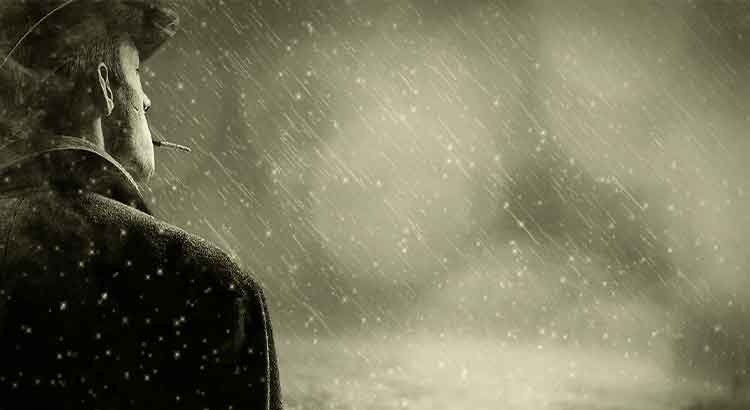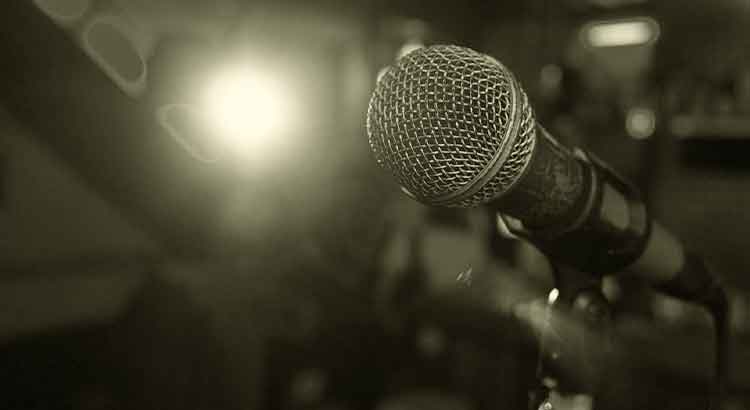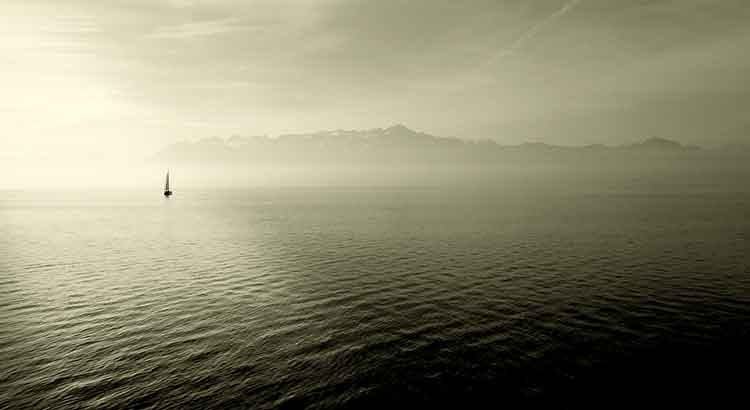More than any philanthropic entity, it is the comedians who best caress human pain. And the justification is simple: laughter is an effective, cheap, and inexhaustible remedy. Comedians, if good, teach us to laugh at the worst miseries, console us in the face of the terrible, deliver pleasure when it seems impossible. Comedians unveil the obvious: in life, absolutely everything is subject to a joke—and the best ones spring from exactly where it seems absurd to us to extract them. Moreover, they attack the viper that no philanthropic entity is capable of fighting: vanity. Therefore, it is sad to see them working almost always shot by stones, often destroyed by the mass of idiots incapable of seeing the dimension of their own ridicule. But this is nothing new: the great ones almost always end up the target of the imbeciles’ fury. For ahead, idols, benefactors of humanity! And your laughter will last when the hands that attack you have already turned, inert, to dust!
____________
Read more:



